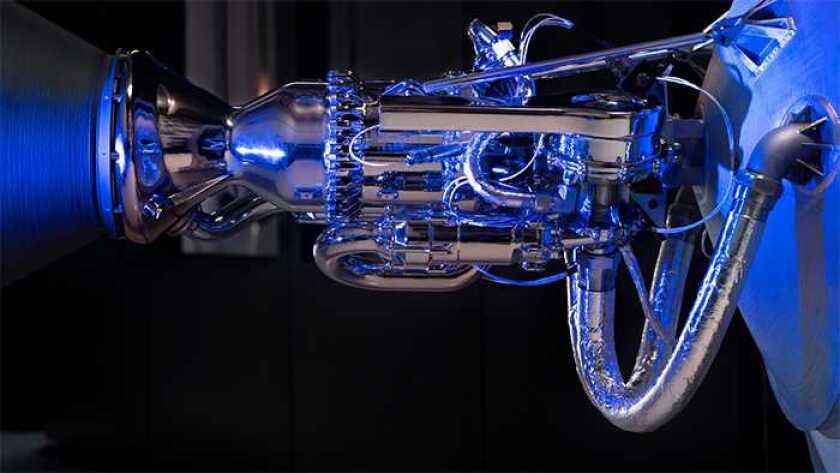The company, which completed the replacement of its entire fleet of 66 satellites in early 2019, has another nine in orbit ready to replace any failures but needs a way to launch the six spares on the ground when they are needed.
“It’s prudent to have a cost-effective launch option available for future spare delivery,” said Matt Desch, CEO of Iridium.
The company has contracted a California company, Relativity Space, to 3D-print its Terran 1 rockets to launch each of those six as and when they are needed.
Desch said: “Relativity’s Terran 1 fits our launch needs to LEO [low-earth orbit] well from both a price, responsiveness and capability perspective. And we know based on our previous experience that there are great benefits to engaging with a provider early on during development of the launch vehicle and its evolving around our particular needs.”
Relativity says it uses large-scale robotic 3D printing technology that “enables launches within months, instead of years”.
The first stage of the Terran 1 will use nine of Relativity’s Aeon 1 engines (pictured), while the second stage will use a single Aeon 1 engine.
It says the Terran 1 uses one hundredth the number of parts as a traditional rocket and “a radically simple supply chain”, that allows construction “from raw material to flight in less than 60 days”.
Iridium has given Relativity two years before it will need to call on its services. The company’s previous fleet of 66 satellites and spares lasted two decades before they were taken out of service as the new units took over. “Launches are planned for no earlier than 2023,” said the companies in a joint statement.
Relativity Space’s CEO and co-founder, said: “As the first 3D printed launch vehicle, Terran 1 offers uniquely disruptive flexibility, cost, and performance advantages, especially for medium-payload missions that need dedicated launches.”
Relativity has access to a NASA rocket testing site in Mississippi and plans to launch its vehicles from Vandenberg air force base in California and Cape Canaveral in California. Unlike SpaceX’s rockets, the Terran 1 vehicles are not reusable.






